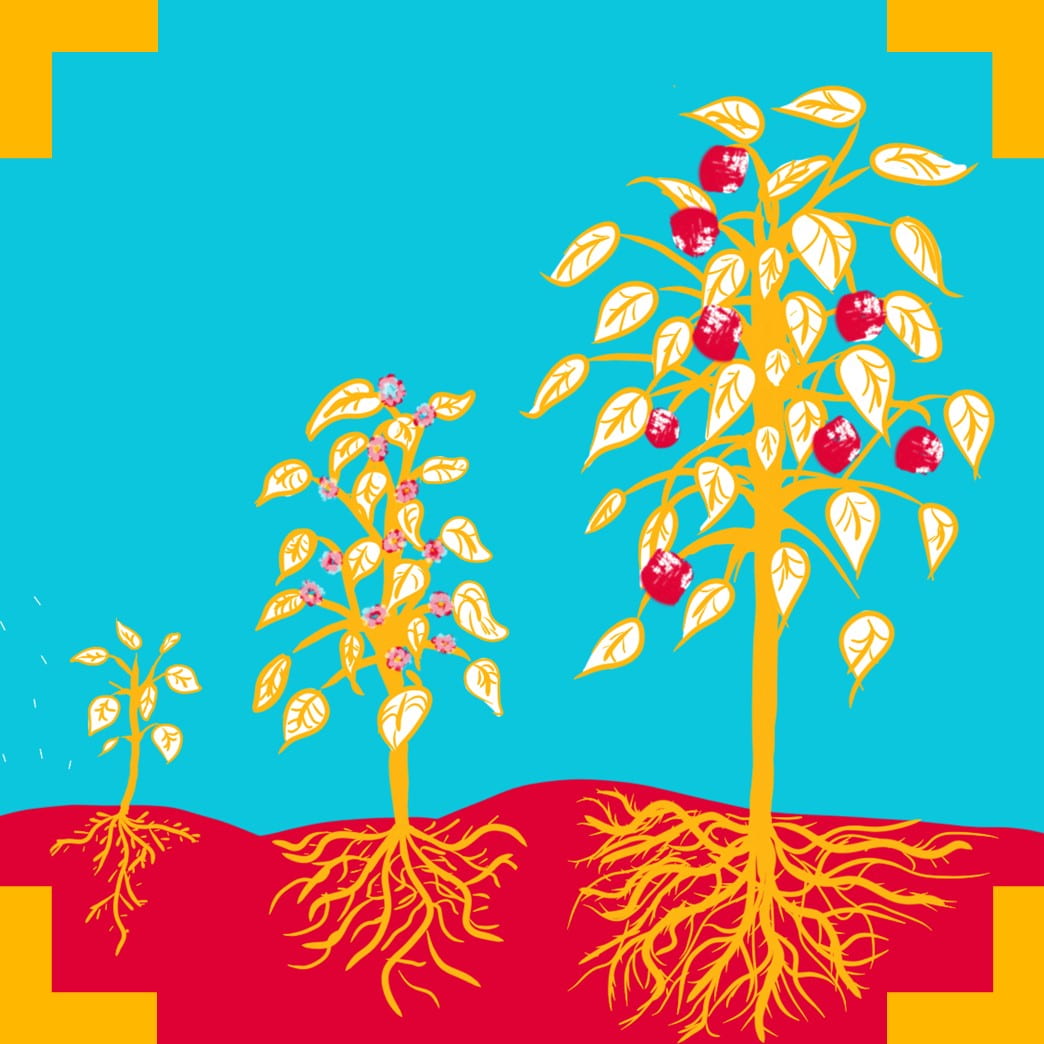The Brigstow Institute launches new creative research to explore the politics of immigration and the environment through planting.
Brigstow Institute

This initiative builds on, and brings together, two Experimental Partnerships that were funded by the Brigstow Institute in 2020 that both used creative methodologies and involved members of Migration Mobilities Bristol (MMB). Researchers from these projects (Prof Katharine Charsley from “Kept Apart: Making prose-poetry with people separated from families by the immigration system” and Dr Nariman Massoumi and Prof Bridget Anderson from “Scrutinising the Immigration System through collaborative filmmaking with refugees and asylum seekers”) will work collaboratively with relevant communities, gardeners and artists (Charli Clark and Paul Hurley) to further explore issues around immigration through co-designing and creating two plots in Royal Fort Gardens, University of Bristol on land adjacent to the Ivy Gate – work will begin Spring 2021.
The team will co–design two hospitable spaces with and for migratory humans and nonhumans. The two plots will be thematically connected by themes of north/south and coming/going. They will seek to reflect the human experiences and cultures of global migration, but will also be designed to be welcoming and appropriate to the needs of other species’ migration. The site will take the role of a living laboratory to open up spaces for new conversations and thinking around the politics of immigration and planting.
These plots will serve as a critical intervention within discussions of environmental and migration policies asking, among other things :
- What do we need to create spaces hospitable to migrations of humans and nonhumans?
- How might ecological thinking enable the cultivation of understanding about migration and the challenges of hostile environments?
- How is the language of invasive others mobilised in debates over both biodiversity and migration?
- How do we negotiate the politics of environmentalism and the politics of migration?
- What would a more level ground look like, feel like, and who would maintain it?
‘This is a great opportunity to bring the Brigstow ethos of critical thinking through critical making outside and into the heart of the community,’ explains Professor Tim Cole, Director of the Brigstow Institute.
Bridget Anderson, Nariman Massoumi and Katharine Charsley agree this is ‘a fantastic opportunity to think about movement and our places in the world, and challenge assumptions about invasive others, migration and national heritage.’
Charli Clark and Paul Hurley add, ‘we are really excited to be working with Brigstow and the project team. The garden we are imagining will offer spaces for reflection and conversation, and for encounters between migratory insects, birds and humans. In times that feel quite turbulent, we are interested in what growth and inhabiting might mean in a garden focused on providing for transience and what we can learn from observing change.’
There will be opportunities for everyone from both within and beyond the university to become involved in some way – details and progress will be available soon.

